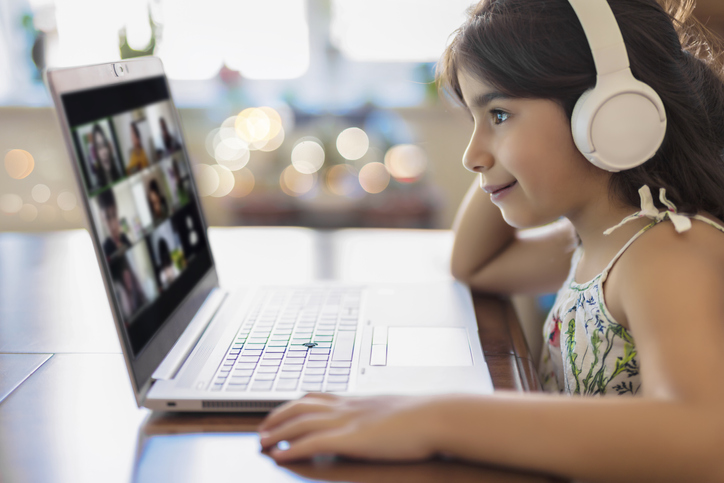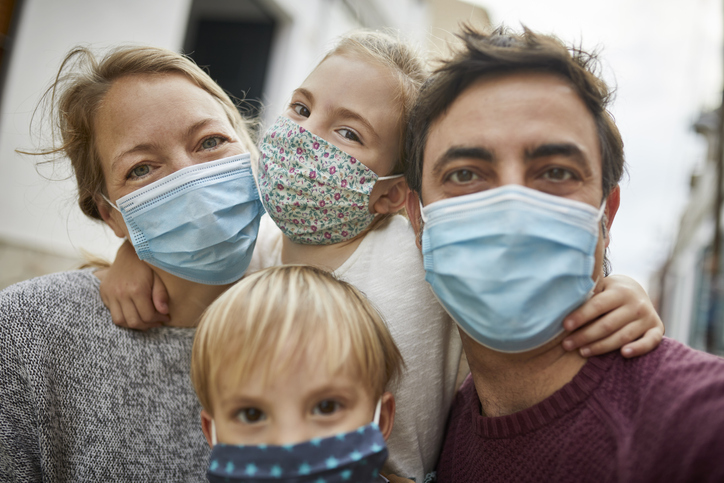COVID-19 vs. your child’s mental health
- Category: New Orleans, Community, COVID-19, Health & Wellness
- Posted on:

Helping children deal with anxiety during a worldwide pandemic
Everyone has been affected by COVID-19, and your kids are no exception.
Sure, your kids may put on brave faces and laugh, but there are fears underneath. If those fears lie dormant long enough, a child’s beloved smile may turn upside down.
Back-to-school anxiety after COVID-19 disruptions
.jpg)
Returning to school can cause anxiety in the best of circumstances. Pile on a pandemic, and it’s no surprise that some kids feel extra anxious.
Forced quarantines and repeated starts and stops of a school year, loved ones getting sick, constant media accessibility, masks, and social distancing—all of these things can create a dark cloud overhead for anyone, but especially kids.
As a result, children are living with stress that previous generations didn’t face. Are your kids feeling overwhelmed? Signs include:
- Acting out or being abnormally irritable
- A drop in school performance
- Feeling excessively sad or worried
- Trouble concentrating
- Smoking cigarettes, drinking alcohol, or using drugs
- Unexplainable aches or pains
- Want to skip out on activities they used to enjoy
How to balance distance learning with mental health

For many children, remote school from home only adds to loneliness and anxiety. Do you have a child who is distance learning? Keep these three tips in mind for optimal mental health.
- Encourage your student to connect virtually with friends or classmates outside of school.
- Have your student go to bed and wake up at the same time every day, regardless of when class starts.
- Once school and socialization are over, have your child turn off the computer and avoid computer use right before bedtime.
Promoting mental health in your child

You want to help your youngsters get through COVID with good mental health. Where can you start?
- Talk about things. Explain COVID-19 in an age-appropriate manner.
- Turn off the TV. News stories often stoke fearful fires. Douse the fears by leaving the news off and avoiding COVID-related social media.
- Maintain normalcy. It’s hard to ignore COVID-19 when it affects every area of your life. Try maintaining as much of your regular schedule as possible. If school is online, try to imitate your child’s normal routine, with breaks for lunch and recess time.
- Enjoy your time together. Instead of stressing about being stuck at home, take advantage of the time you have. Play games, read books out loud, and go outside together for scavenger hunts and other fun activities.
- Make healthy choices. It can be tempting to veg out and lay around the house all day, but don’t do it! Eat a balanced, healthy diet, get at least 30 minutes of exercise most days of the week, and make sure your kids do the same.
- Find ways to socialize. While it’s important for kids to practice safety measures like handwashing and masking indoors, they need social outlets. If possible, schedule opportunities for your children to play or hang out with other kids outdoors.
Is your child struggling with COVID-related mental health issues? Contact the Children’s Hospital New Orleans Behavioral Health Center to find a provider who can help or give us a call at 504.896.7200.

